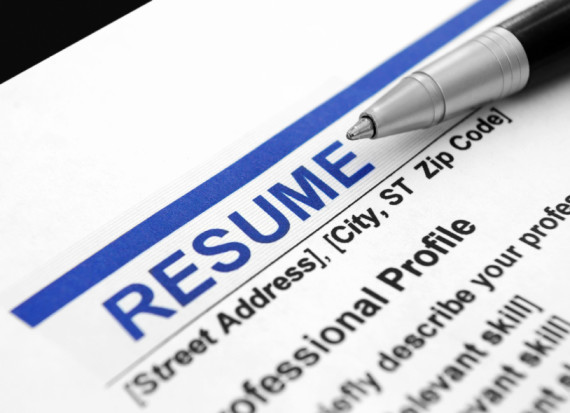My Un-Resume: I Didn’t Fire Him Fast Enough
He was a borderline narcissist. His reaction to my coaching often approached rage. I hired him for his past performance in another industry. But, I failed to fire him quickly when I realized he was unwilling to change.
Every now and then I add another entry to my un-resume. These are my leadership screw-ups and the lessons I have learned from them. Wisdom does not come through perfection. Wisdom comes through failure.
My education in leadership has come from my dad, General Jim Anderson, West Point, great leadership authors and my own list of screw-ups. Not moving quickly to fire this narcissist taught me a lot.
The Hiring Mistake
I hired the wrong guy. I made a quick decision. I decided to hire the best person I had seen so far, instead of the best person for the job.
I realized my error within a month of hiring him. When he made a mistake that a teammate coached him on, he blew up. When I approached him about his mistake, he argued and shifted responsibility.
The red flag was flying from then on. I knew I was in trouble with this guy. But, I waited to fire him.
The Firing Mistake
There is no fool-proof hiring system. Even the best interviewers and most experienced executives will make a bad hire from time to time.
The issue was I compounded my hiring mistake by making a firing mistake. I did not take advantage of my company’s probation period and quickly cut my losses.
I was slow to move because I saw his talent beneath the cockiness. I believed that a few tough conversations and some very specific coaching could bring out the potential I knew he had. WRONG!
It was my pride that kept me from moving quickly to let him go. I had hired him, and I wanted to be right about him. It became about what I wanted versus what was best for my team.
I failed to recognize that his pattern of behavior was something he was unwilling to change. I continued to do everything I could to convince him change was in his best interest. Yet, he refused to adapt.
I finally fired him after an incident he had with a customer. The issue he created hurt my company’s reputation and my reputation in the market place. It was an important lesson on recognizing why people develop negative patterns of behavior.
3 Reasons People Develop Negative Patterns
1. My Lousy Coaching
The first thing I learned was to look in the mirror. Did I do enough? Did I coach this person appropriately? Was I clear with my expectations? Did I follow-up?
If I did not answer “Yes” to these questions, then I was at fault, and I needed to change.
Too often a coach blames the player first when in fact it is the coach that needs to adapt. However that was not the case with this individual. I knew I did everything within my power to inspire change in him.
2. They Are Unable To Change
Some people do not have the ability to change. This can be a hiring mistake, a promoting mistake or an inability for someone to grow as their current role changes.
In any of these three cases, it is up to the leader to find that person a new job. That job could be within my company or that job could be with another organization.
If that is the situation, I take an active role in helping that person land well. They have a set of skills and capabilities. They were just not suited for the job they were currently in.
This was not the situation with my problem child.
3. They Are Unwilling To Change
This was a person who was unwilling to change. The lack of response to coaching had nothing to do with my coaching or his capabilities. It had everything to do with his ego and his attitude.
As soon as I realize someone is unwilling to change, there is absolutely no reason that person should be allowed to remain in my organization. Allowing him to hang around any longer than necessary damages the team.
A person’s coachability is a window into their character. If someone is not coachable, I am dealing with a character issue. A person with character issues is a cancer to a healthy team.
The Bottom Line:
I had to learn the hard way that a person unwilling to change needs to eliminated from my team. If it is not a coaching issue or a capability issue, then as the leader, I must move as quickly as possible to get this person out of our organization
If I do not act, I lose the trust and respect of the rest of my team. Productivity caves in and political behavior can rise up in its place.
There is nothing good that can happen by keeping someone who is unwilling to change on any team!
I had to learn this through experience. I share this story, so others can avoid the pain I caused my team and myself by procrastinating. This is the goal of sharing my un-resume. I hope in doing so, others can learn from my mistakes.
Question:
Do you have someone on your team who is unwilling to change?

